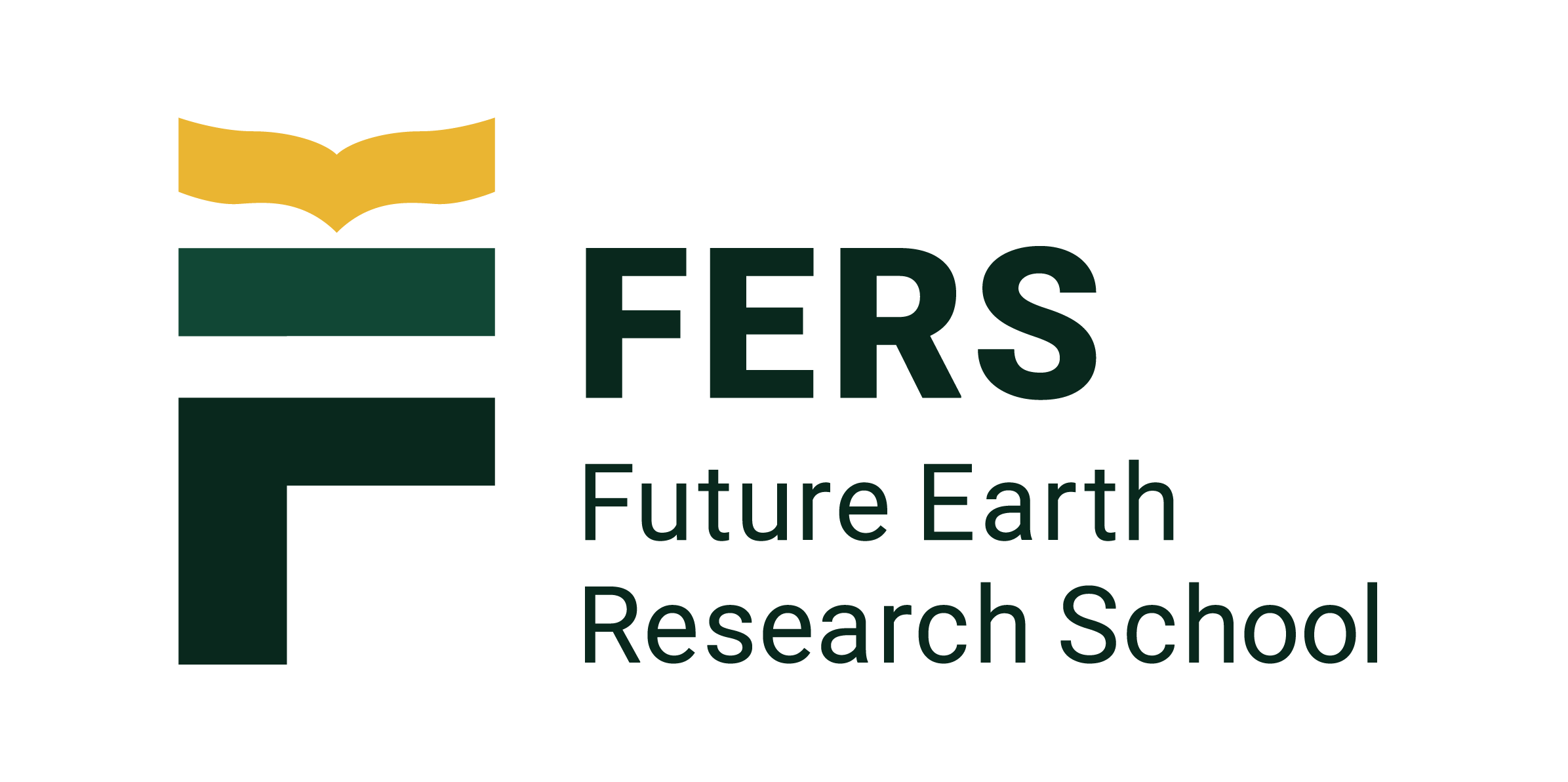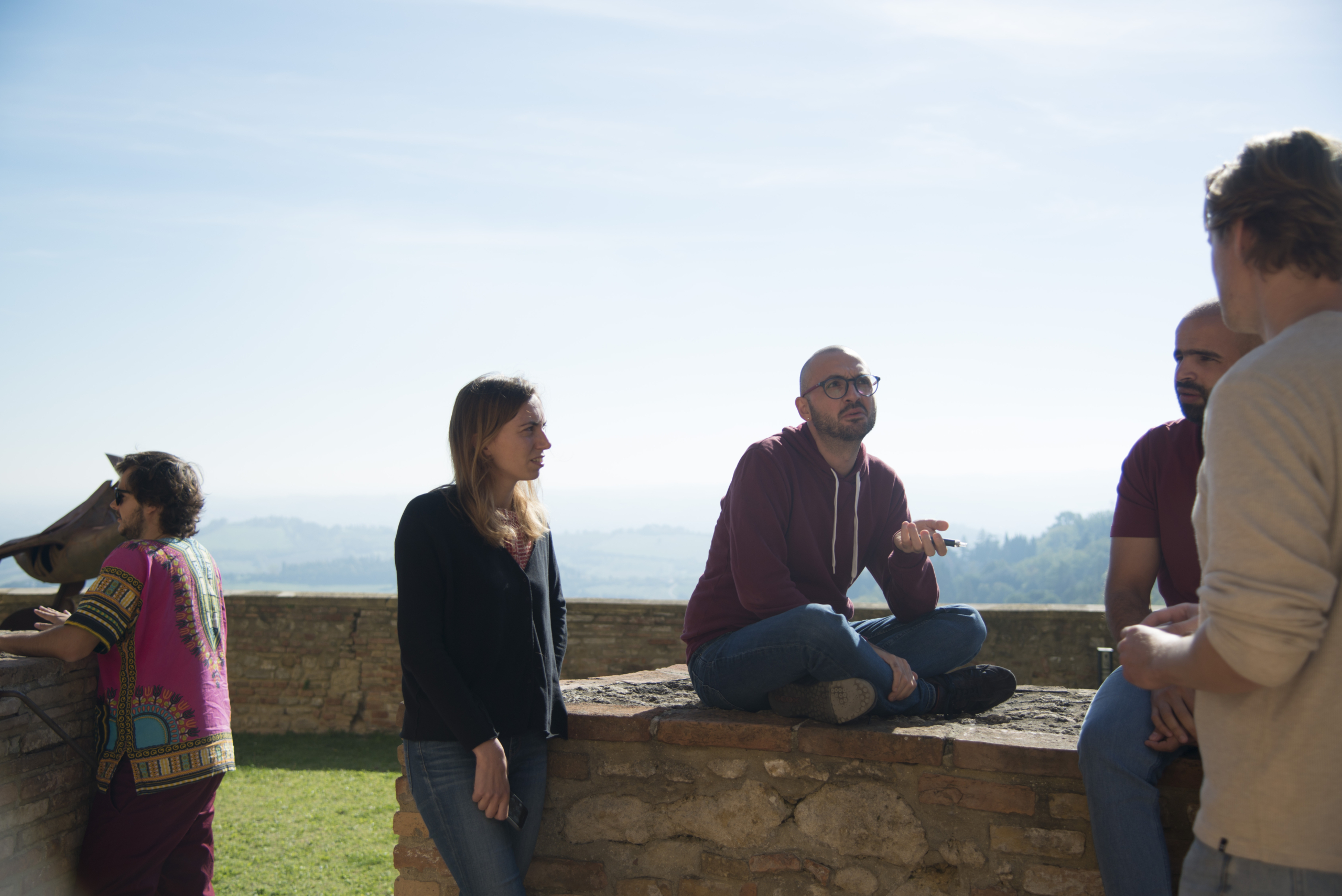The second Future Earth Research School on “Adaptation and sustainable risk management” was held in Bertinoro (FC) from 3 to 15 October 2022. Participants discussed practical solutions and innovative approaches to understand, assess and manage growing risk occurrences.
According to the most recent IPCC assessment, progress in adaptation plans and their implementation has been registered in most economic sectors across different world regions. However, there is evidence for maladaptation: widening inequalities and insufficient climate literacy stimulate short-term responses that lack a more comprehensive perspective on future sustainability. This requires a better understanding of physical and societal processes under climate change.
During the second course of the Future Earth Research School (FERS) on “Adaptation and sustainable risk management”, held in Bertinoro (FC), Italy, from October 3 to 15, 2022, participants from 9 countries, joining from as far as Mexico, were challenged to imagine new global and regional strategies to adapt to increasing extreme events related risks and beyond. Climate change impacts on human health and infrastructure create a consistent need for the uptake of climate services declined at different scales.
The excellent academic faculty of the school was coordinated by Prof. Daniela Jacob, meteorologist and Director of the Climate Service Center Germany (GER-ICS). The staff background and interests covered the various aspects of climate change adaptation, from resilient development to climate services for risk reduction and socio-economic impacts.
Participants discussed adaptation case studies and municipal practices during lectures and participative exercises in small break-out groups. Beginning with an overview of the global and regional processes driving climate change and related impacts, the concept of resilient development was introduced exploring methodologies for quantifying risks. Through system participants, the participants were then asked to link theoretical knowledge to small-scale policy processes.
Coordinated by the CMCC Foundation and funded by the Emilia-Romagna Region, FERS provides high-level scientific courses that give researchers the tools to understand and anticipate future global environmental challenges. A new FERS School on “Sea Level Rise and Coastal Adaptation” will be held from October 9 to 20, 2023. More information and the call for applications are published on the FERS website.


